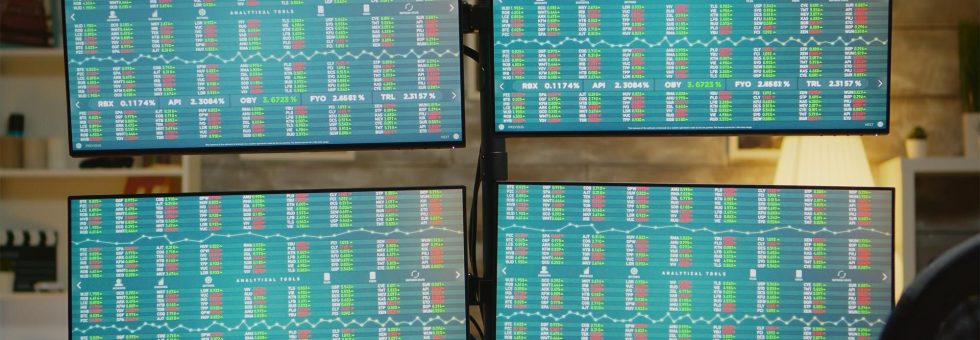The Unsung Economic Giant: The Tourism and FX Tourism is not all that much about leisure, but it is a very important branch of an economy to many nations. In 2023, the industry generated nearly 9.1 percent of the total GDP of the world or more than 9.5 trillion as per the figures of World […]
Q2 2025 has turned out to be that crucial quarter in the foreign exchange (fx) markets around the globe. The currency environment is changing both subtly and substantively alongside with the world in its process of economic readjustment since the pandemic, as well as in preparation of a super-election year. In cross-border operations that are […]
Geopolitics has been singled out as one of the major causes of variability in the financial markets particularly its foreign exchange (FX) markets. The currency fluctuations that are caused by political events can be unpredictable and usually occur quite abruptly as opposed to predictable economic factors such as inflationary pressures or the interest rates. The […]
Introduction. As an element of the modern global economy, data and analytics can be deemed as the holy grail of financial decision-making. The basic instruments of a market analyst are charts, technical indicators and historical models. But our recent years have proved that the data does not quite work accurately to predict how the markets […]
Why Businesses Should Use FCA-Authorised Payment Providers In today’s globalised economy, foreign exchange (FX) transactions are an essential aspect of doing business. Whether paying foreign suppliers, receiving funds from international customers, or holding multi-currency accounts, the ability to exchange currencies safely, quickly, and at competitive rates is vital. However, foreign exchange is exposed to risks […]
As SMEs expand overseas, one of their biggest challenges is navigating cultural differences in business and finance. Cultural customs influence negotiation styles, contract terms, payment preferences, and trust-building in business relationships. Misalignment in these areas can lead to delayed payments, financial losses, and broken partnerships. For SMEs handling cross-border payments, understanding regional financial traditions is […]
Small and medium-sized enterprises (SMEs) have become prime targets for financial fraud. Cyber scammers use sophisticated tactics such as phishing attacks, invoice fraud, and payment scams to exploit businesses with weaker security measures. Unlike large corporations with dedicated cybersecurity teams, many SMEs lack robust security infrastructure, making them vulnerable. The financial impact of falling victim […]
Geopolitical tensions have always influenced the global economy, but recent developments have created complex challenges for UK small and medium-sized enterprises (SMEs). Trade disputes, shifting alliances, and economic sanctions continue to generate uncertainty, impacting supply chains, cross-border transactions, and market access. For UK SMEs operating internationally, managing financial risk and ensuring operational stability is crucial. […]
For businesses engaged in global trade, managing international payments efficiently is crucial. However, many companies unknowingly lose thousands due to hidden fees and FX rate markups imposed by banks and traditional financial institutions. These additional costs add up over time, affecting cash flow, diminishing working capital, and ultimately limiting growth opportunities. In this comprehensive guide, […]
Recent increases in US import tariffs on Chinese goods have disrupted global supply chains, significantly impacting UK small and medium-sized enterprises (SMEs) reliant on imported materials. Higher tariffs not only drive up costs but also introduce financial instability, particularly in foreign exchange (FX) markets. Fluctuations in currency exchange rates can further inflate expenses, making international […]









